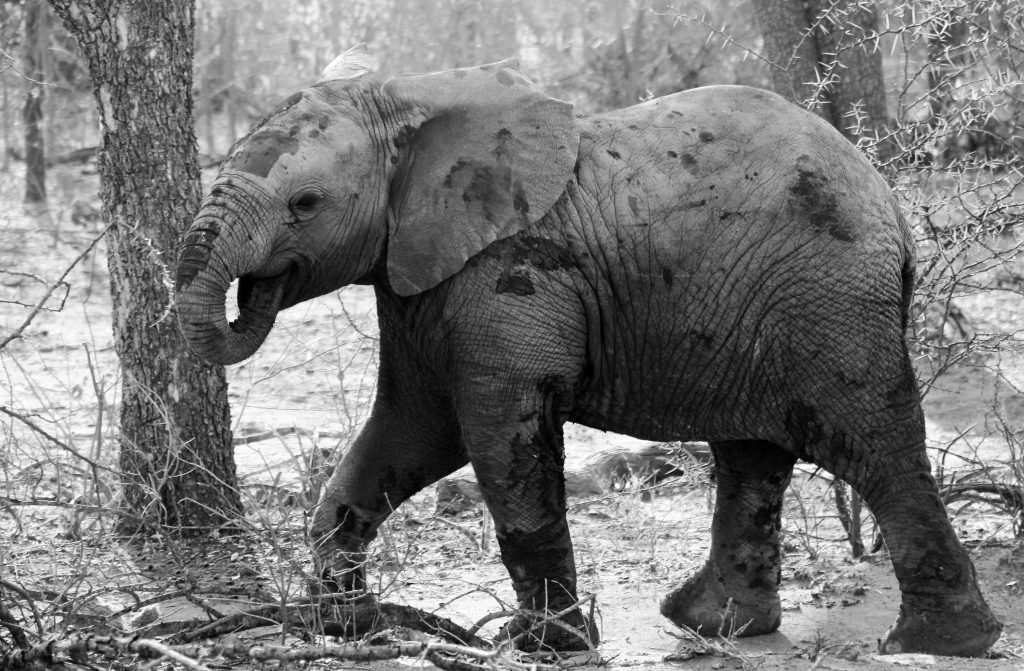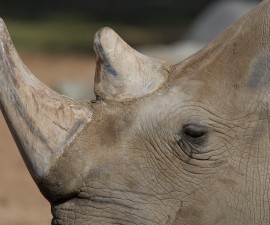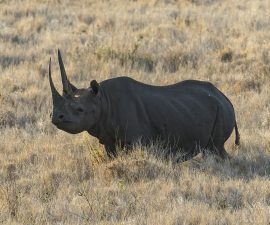It seems that there is a special day anointed for every type of cause or purpose, designed to grab our attention for a few moments or garner support for a cause. But against the backdrop of days celebrating species, organizations or movements, today is special in that it represents a truly significant conservation focus: the wild plants and animals that share our planet with us. March 3 is World Wildlife Day.
Created by the United Nations in 2013, World Wildlife Day is a time for each of us to reflect on the state of wildlife, consider our role as the human species in impacting plants and animals, and ask ourselves: what can we do, individually and collectively, to improve the outlook for conservation of the diversity of life on earth? March 3 was chosen to honor wildlife in this way because it is the anniversary of the signing of the Convention on International Trade in Endangered Species (CITES). This monumentally important multi-governmental agreement serves to ensure that humankind’s global trade in wild plants and animals does not cause their extinction. With the implementation of CITES, nations around the world acknowledged that we needed a coordinated approach to controlling the import and export of species for human consumption, so that we all can play a role in safeguarding their survival.
While much of the work of CITES has involved regulating trade in food and materials people have used for millennia, like fish stocks and timber, increasingly the parties to the treaty have focused on the emerging large-scale trade of vulnerable species like pangolins (often consumed for meat) and rhinos (poached for their horn). Illegal trade in these species has resulted in catastrophic declines of wild populations, and so CITES has been attempting to address the wildlife trafficking driving these declines. San Diego Zoo Global (SDZG) seeks to prevent extinction in wild species, and as a result has been engaging with CITES to address illegal trade. An SDZG delegation attended the annual Convention of the Parties in 2016, continues to work with our partners at the Association of Zoos and Aquariums and other environmental NGOs to stay abreast of the latest developments with the implementation of the treaty, and will attend other CITES-specific meetings this year. Additionally, our internal wildlife trafficking task force is working to find other ways to reduce demand for illegal wildlife products.

On World Wildlife Day, we ask you to pause a moment and consider your personal impact on wild species and places across the globe. Sometimes conservation seems like a faraway problem, affecting animals and habitats on the other side of the globe. Resolve to do one thing today to support those species and their homes. Carpool rather than riding solo, to reduce greenhouse gas emissions and promote sustainable habitat for polar bears. Use reusable shopping bags, so that disposable ones do not wind up in our oceans, where sea turtles mistake them for food. And say no to purchasing wildlife products that contribute to extinction—not only medicinal rhino horn or carved elephant ivory, but unsustainably harvested fish species as well as teak and other hardwoods that are causing depletion of the world’s great forests. From simple things to big-ticket items, our impact on the planet requires our thoughtful attention. Start here, now… on World Wildlife Day.
Suzanne Hall is a Conservation Policy Specialist with the Institute for Conservation Research. Read her previous piece, The CITES CoP: San Diego Zoo Global Engages on Wildlife Trade.





